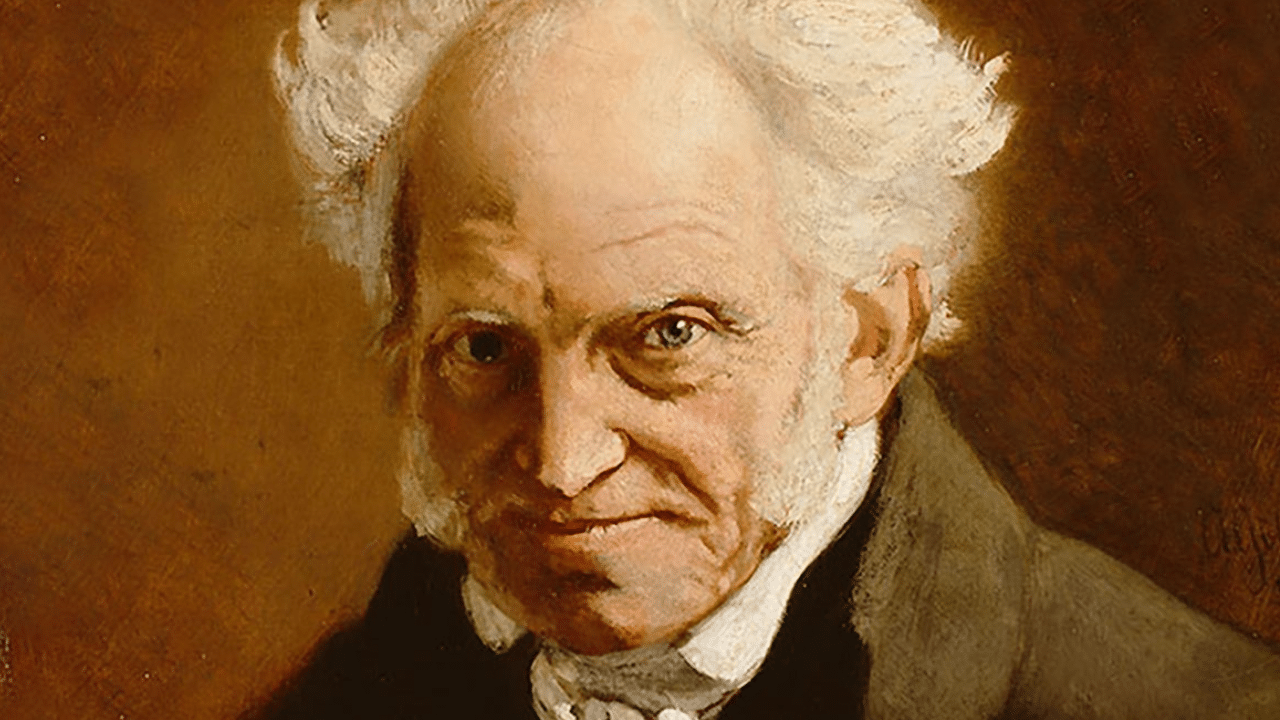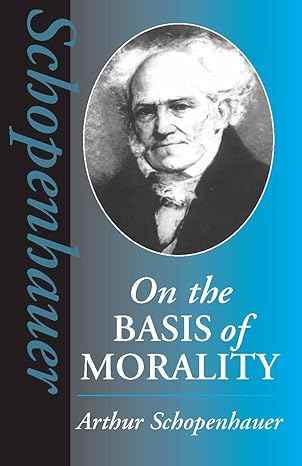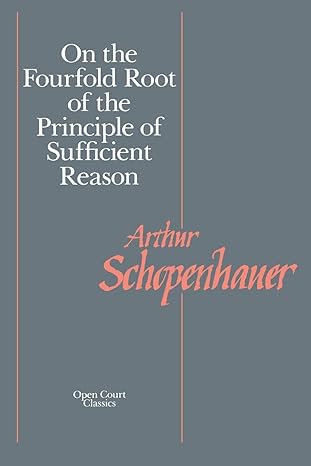
A Guide to Reading Schopenhauer Without Losing Hope
A Guide to Reading Schopenhauer Without Losing Hope
Arthur Schopenhauer is often seen as one of philosophy’s most pessimistic voices — a thinker who unapologetically confronted the suffering and futility embedded in human existence. But beyond the bleakness lies a mind deeply concerned with clarity, beauty, and even compassion. Reading Schopenhauer can be illuminating, rewarding, and strangely comforting — if approached in the right order.
This guide presents a structured reading path that begins with his more accessible and aphoristic texts, builds toward his major metaphysical work, and ends with reflections that humanize his worldview. The goal isn’t to sugarcoat his thought, but to appreciate the depth and even the subtle hope embedded in his realism.
🔹 Start With Clarity: Aphorisms and Everyday Wisdom
Essays and Aphorisms is the perfect gateway to Schopenhauer. In short, potent fragments, he addresses themes like love, suffering, boredom, vanity, and the human condition. It’s an ideal entry point that reflects his sharp style, wit, and brutal honesty. Many readers are surprised to find how relevant — even therapeutic — his thoughts feel.
🔹 Understand His Ethics: The Role of Compassion
In On the Basis of Morality, Schopenhauer breaks from traditional religious or utilitarian ethics. For him, true morality arises from empathy — a direct identification with the suffering of others. It’s a rare bright note in his system and a glimpse into his belief in ethical conduct as a response to the world's pain.
🔹 Explore the Roots of Reason
On the Fourfold Root of the Principle of Sufficient Reason lays the epistemological foundation for his later work. It’s abstract and technical but crucial for those who want to understand how Schopenhauer views knowledge, perception, and cause-and-effect. Here, we begin to see how his metaphysics is constructed.
🔹 Enter the Core: The World as Will and Representation
Schopenhauer’s magnum opus, The World as Will and Representation, reveals the heart of his philosophy. Volume 1 introduces his two key concepts: the world we perceive (representation) and the deeper reality that drives it all (will). For him, the will is a blind, endless striving — the source of all suffering. Yet, beauty, music, and ascetic insight offer moments of transcendence.
Volume 2 expands on these ideas and applies them to aesthetics, ethics, and metaphysical liberation. It’s dense and challenging but deeply rewarding for those who make it through.
🔹 Finish with Reflection: Accessible Essays and Final Thoughts
In Parerga and Paralipomena, Schopenhauer shares shorter, more personal reflections — on reading, writing, solitude, women, genius, and the absurdity of life. This collection rounds out his thought and shows a more human side: humorous, bitter, and often brutally honest.
Final Thoughts
Schopenhauer won’t tell you that everything will be okay. Instead, he teaches you how to see life as it is — without illusions, without false comforts. And in that, strangely, many readers find solace.
“A man can do what he wants, but not want what he wants.” — Arthur Schopenhauer
Read with patience, with openness, and with the understanding that sometimes, facing the truth about suffering is the first step toward transcendence.
Featured Books

Essays and Aphorisms
by Arthur Schopenhauer
Published: 1851
A collection of Schopenhauer's shorter writings, offering insights into his thoughts on various topics including philosophy, art, and human nature.

On the Basis of Morality
by Arthur Schopenhauer
Published: 1840
In this essay, Schopenhauer explores the foundation of ethics, emphasizing compassion as the basis of moral behavior.

On the Fourfold Root of the Principle of Sufficient Reason
by Arthur Schopenhauer
Published: 1813
Schopenhauer's doctoral dissertation, laying the groundwork for his later metaphysical theories.

The World as Will and Representation, Volume 1
by Arthur Schopenhauer
Published: 1818
Schopenhauer's magnum opus, presenting his philosophy that the will is the fundamental reality.

The World as Will and Representation, Volume 2
by Arthur Schopenhauer
Published: 1844
A continuation and elaboration of the ideas presented in Volume 1, delving deeper into aesthetics and ethics.

Parerga and Paralipomena, Volume 1
by Arthur Schopenhauer
Published: 1851
The first volume of Schopenhauer’s late essays and reflections, covering topics like philosophy of religion, fate, and the intellectual life.

Parerga and Paralipomena, Volume 2
by Arthur Schopenhauer
Published: 1851
The second volume includes essays on logic, language, metaphysics, and the philosophy of pessimism in a more exploratory and sometimes anecdotal tone.